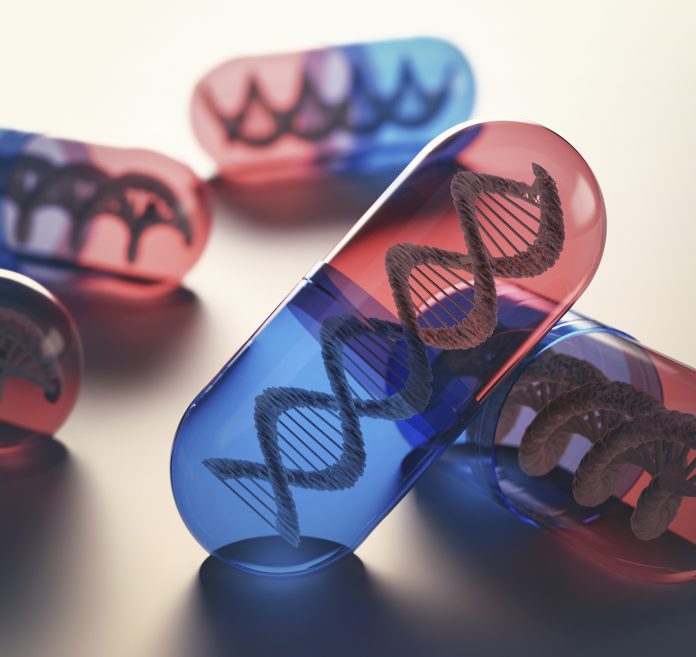
The first disease-modifying treatment for aromatic L-amino acid decarboxylase (AADC) deficiency will soon reach the market in Europe. PTC Therapeutics’ Upstaza, a gene therapy (eladocagene exuparvovec), received a positive opinion from the Committee for Medicinal Products for Human Use (CHMP) of the European Medicines Agency (EMA). Once ratified by the European Commission, Uptaza will be approved for AADC deficiency patients 18 months and older.
“We are thrilled with the positive opinion from the CHMP, and are eager to bring Upstaza to patients living with AADC deficiency,” said Stuart W. Peltz, PhD, Chief Executive Officer, PTC Therapeutics. “Upstaza will be the first marketed gene therapy that is directly administered into the brain, the first gene therapy approved in a major market in several years, the third gene therapy that is on the market now, and only the fourth in vivo gene therapy ever approved.”
AADC deficiency is a fatal, rare genetic disorder that typically causes severe disability and suffering from soon after birth, affecting every aspect of life—physical, mental and behavioral. Symptoms include episodes of seizure-like oculogyric crises, which can happen daily and last for hours, causing the eyes to roll up in the head, frequent vomiting, behavioral problems, difficulty sleeping, and life-threatening complications such as respiratory infections and gastrointestinal problems.
While many different medications are used to help manage these children’s’ symptoms, there is no disease-modifying treatment approved for AADC deficiency and the lives of affected children are severely impacted and shortened. Ongoing physical, occupational, and speech therapy, and interventions, including surgery, are also often required to manage potentially life-threatening complications such as infections, severe feeding and breathing problems, and scoliosis.
Upstaza’s safety and efficacy has been demonstrated across studies that began more than 10 years ago. The CHMP opinion is based on the findings of clinical trials conducted in Taiwan. In addition, data from the compassionate use treatment of patients in Europe were included in the application.
In the studies, patients went from no display of any motor milestone development to developing clinically meaningful motor skills and neuromuscular function from as early as three months following treatment, with transformational improvements shown to continue up to nine years after treatment. Cognitive and communication skills improved in all treated patients.
“The difference Upstaza, a one-time gene therapy, can make is life-changing,” said Paul Wuh-Liang Hwu, MD, PhD, Lead Investigator, National Taiwan University Hospital. “AADC deficiency is a devastating neurological disorder with no effective treatment. Before therapy, affected children couldn’t even lift their head, but now many can sit, stand with help, feed themselves and some can walk and talk.”
PTC expects the European Commission to ratify the marketing authorization for Upstaza under exceptional circumstances in approximately two months. The decision will be applicable to all 27 European Union member states, as well as Iceland, Norway and Liechtenstein.
Formerly PTC-AADC, Upstaza is a recombinant adeno-associated virus serotype 2 (AAV2)-based gene therapy, containing the human DDC gene. It is designed to correct the underlying genetic defect, by delivering a functioning DDC gene directly into the putamen, increasing the AADC enzyme and restoring dopamine production.
Upstaza is administered via a minimally invasive neurosurgical procedure that is also used for the treatment of a number of pediatric and adult neurological disorders.













